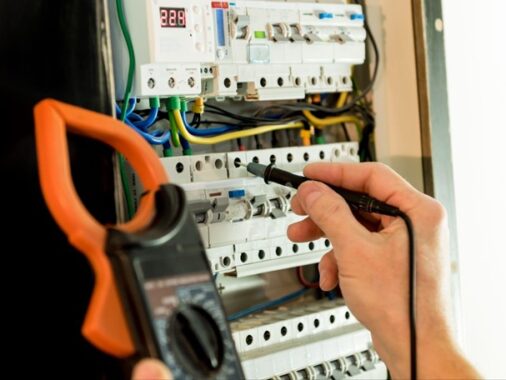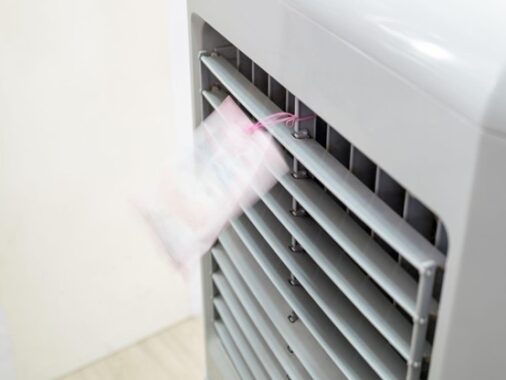Hot water dispenser is an appliance that can heat water quickly and efficiently. It is designed to be a convenient and cost-effective alternative to traditional kettles. A hot water dispenser can provide hot water for tea, coffee, and other hot drinks, as well as for cooking and other household uses. In this article, we will discuss everything you need to know about hot water dispenser.
Types of Hot Water Dispenser:
There are several types of hot water dispensers available in the market, and each has its own advantages and disadvantages. Some of the most common types of hot water dispensers are:
Countertop Hot Water Dispenser:
Countertop hot water dispensers are the most popular type of hot water dispenser. They are compact and can be placed on a kitchen counter or table. They come in different sizes, and most models have a capacity of 1 to 5 liters. Countertop hot water dispensers can heat water to a temperature of up to 98 degrees Celsius.
Wall-Mounted Hot Water Dispenser:
Wall-mounted hot water dispensers are a popular choice for businesses and commercial kitchens. They are mounted on a wall, and the hot water is dispensed through a spout. Wall-mounted hot water dispensers are available in different sizes, and most models have a capacity of 5 to 30 liters. They can heat water to a temperature of up to 100 degrees Celsius.
Under-Sink Hot Water Dispenser:
Under-sink hot water dispensers are installed under a kitchen sink or counter. They are connected to the main water supply and can provide hot water instantly. Under-sink hot water dispensers are available in different sizes and can heat water to a temperature of up to 98 degrees Celsius.
Portable Hot Water Dispenser:
Portable hot water dispensers are a convenient option for camping or outdoor activities. They are compact and can be carried easily. Portable hot water dispensers are available in different sizes and can heat water to a temperature of up to 98 degrees Celsius.
Advantages of Hot Water Dispenser:
Convenience:
Hot water dispensers are designed to be convenient and easy to use. They can provide hot water instantly, without the need to wait for a kettle to boil.
Cost-Effective:
Hot water dispensers are cost-effective compared to traditional kettles. They use less energy and can heat water more quickly.
Energy Efficient:
Hot water dispensers are energy efficient and can help to reduce energy consumption. They use less energy than traditional kettles and can heat water more quickly.
Versatile:
Hot water dispensers can be used for a variety of purposes, including making tea, coffee, and other hot drinks, as well as for cooking and other household uses.
Safe:
Hot water dispensers are designed to be safe to use. They have safety features such as automatic shut-off and temperature controls.
Disadvantages of Hot Water Dispenser:
Capacity:
Hot water dispensers have a limited capacity, and some models may not be suitable for larger households or commercial kitchens.
Temperature Control:
Some hot water dispensers may not have accurate temperature controls, which can lead to overheating and boiling over.
Maintenance:
Hot water dispensers require regular maintenance to ensure they are clean and in good working order.
Installation:
Some hot water dispensers may require professional installation, which can be expensive.
Cost:
Hot water dispensers can be more expensive than traditional kettles, especially for larger models with more features.
Factors to Consider When Choosing a Hot Water Dispenser:
Capacity:
The capacity of a hot water dispenser is an important factor to consider. It should be large enough to meet your needs,but not so large that it wastes energy or takes up too much space. Consider how many people will be using the hot water dispenser and what it will be used for.
Temperature Controls:
Temperature control is important for ensuring that the hot water dispenser heats water to the desired temperature. Look for models with accurate temperature controls and adjustable settings.
Safety Features:
Safety features such as automatic shut-off and boil-dry protection are important for preventing accidents and ensuring the safe use of the hot water dispenser.
Maintenance:
Consider the maintenance requirements of the hot water dispenser. Look for models that are easy to clean and have replaceable parts.
Installation:
Consider whether the hot water dispenser requires professional installation or if it can be easily installed yourself. This will impact the cost and convenience of using the hot water dispenser.
Brand and Reviews:
Do some research on the brand and read reviews from other users to ensure that you are purchasing a quality and reliable hot water dispenser.
Uses of Hot Water Dispenser:
Making Hot Drinks:
One of the most common uses of hot water dispenser is for making hot drinks such as tea, coffee, and hot chocolate. Hot water dispensers can quickly and efficiently heat water to the desired temperature, making it easier to prepare a hot drink.
Cooking:
Hot water dispensers can also be used for cooking purposes such as boiling water for pasta, rice, or other dishes that require hot water.
Cleaning:
Hot water dispensers can be used for cleaning purposes such as removing stains, sanitizing surfaces, and cleaning dishes.
Medical Uses:
Hot water dispensers can also be used for medical purposes such as providing warm water for babies or for those with medical conditions that require warm water for therapy.
Conclusion:
Hot water dispenser is a convenient and cost-effective alternative to traditional kettles. They can quickly and efficiently heat water to the desired temperature for a variety of purposes, including making hot drinks, cooking, cleaning, and medical uses. When choosing a hot water dispenser, consider factors such as capacity, temperature controls, safety features, maintenance requirements, installation, and brand reputation. With the right hot water dispenser, you can enjoy hot water whenever you need it, without the wait or hassle of traditional kettles.






